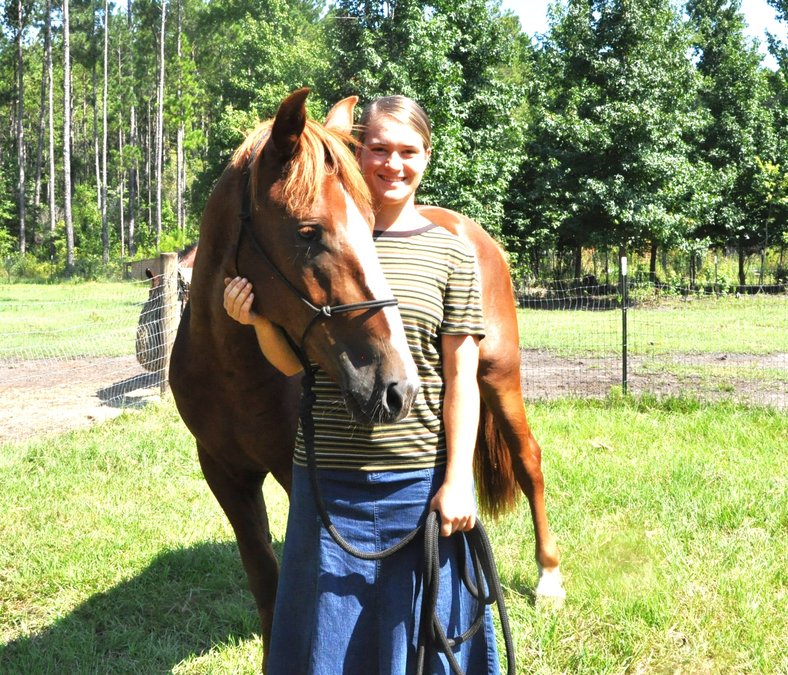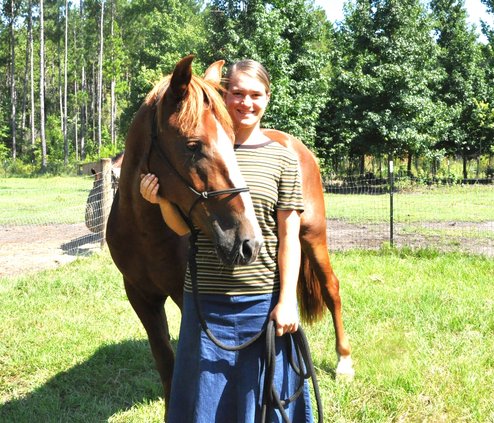By Barbara Augsdorfer, Editor for the Effingham Herald
The plight of wild horses across the U.S. has mostly been one of balance. How many horses can a certain amount of acreage humanely sustain? How do herds of wild horses impact ranchers who need land to feed and support herds of cattle, sheep, and other farm animals? How do you manage the populations of both and keep everybody happy?
One of the tasks of the US Bureau of Land Management, as part of the US Department of the Interior, is managing populations of wild horses and burros. But some of the methods used are upsetting to people who love horses and want to save them.
Many animals are rounded up by helicopter sweeping across vast swaths of land. The horses are corralled and kept for sale or adoption. And sometimes horses are sold to buyers who then sell the horses for slaughter.
“It’s illegal to kill horses for food, but they can be sold to buyers in Canada or Mexico, and then slaughtered,” said Erin Phillips of Mustang Mission in Springfield.
Phillips is a co-owner of Joyful Acres Farms, and recently received 501(c)3 status for Mustang Mission. Now supporters can send tax-deductible donations that will help Phillips purchase horses and burros from the BLM and save them from slaughter.
According to Phillips more than 60,000 horses are currently in holding pens that are “sales eligible” or adoptable, but the adoption process takes a year. Purchasing a rescue horse starts at $125, plus transportation.
Now with her organization’s charitable status, Phillips says, “Monetary donations are most helpful” to help her buy a horse trailer, and of course, more horses or burros. She added she would like a couple of volunteers; and is open to help from groups such as 4-H and scouts.
Once the horses are at Joyful Acres, Phillips has to get them acclimated to being around people, allowing people to come up to them without bucking or kicking, pet them, and eventually feed them.
Phillips purchased “Jackson,” a three-year-old mustang from Wyoming, and brought him to Joyful Acres in October 2023. After months of gentle trust building, Phillips can lead him by a halter and will start training him for riding soon. She said she doesn’t use a bit and bridle, but rather uses the halter and the horse learns trust and to respond to gentle pulling and positive reinforcement – praise and treats. Phillips added that Jackson will be ready for adoption next spring or summer.
In addition to attempting to save horses, Phillips also rescues burros. “They are very much in danger of being in dangerous situations,” Phillips said. She added that burros are livestock guardians and actually help the ecosystems they live in because burros (donkeys) dig down to water sources that ultimately benefits all the animals in the area.
For more information about Phillips’ Mustang Mission, click on her website at www.mustangmission.blogspot.com or email: mustangmissionrescue@gmail.com.





